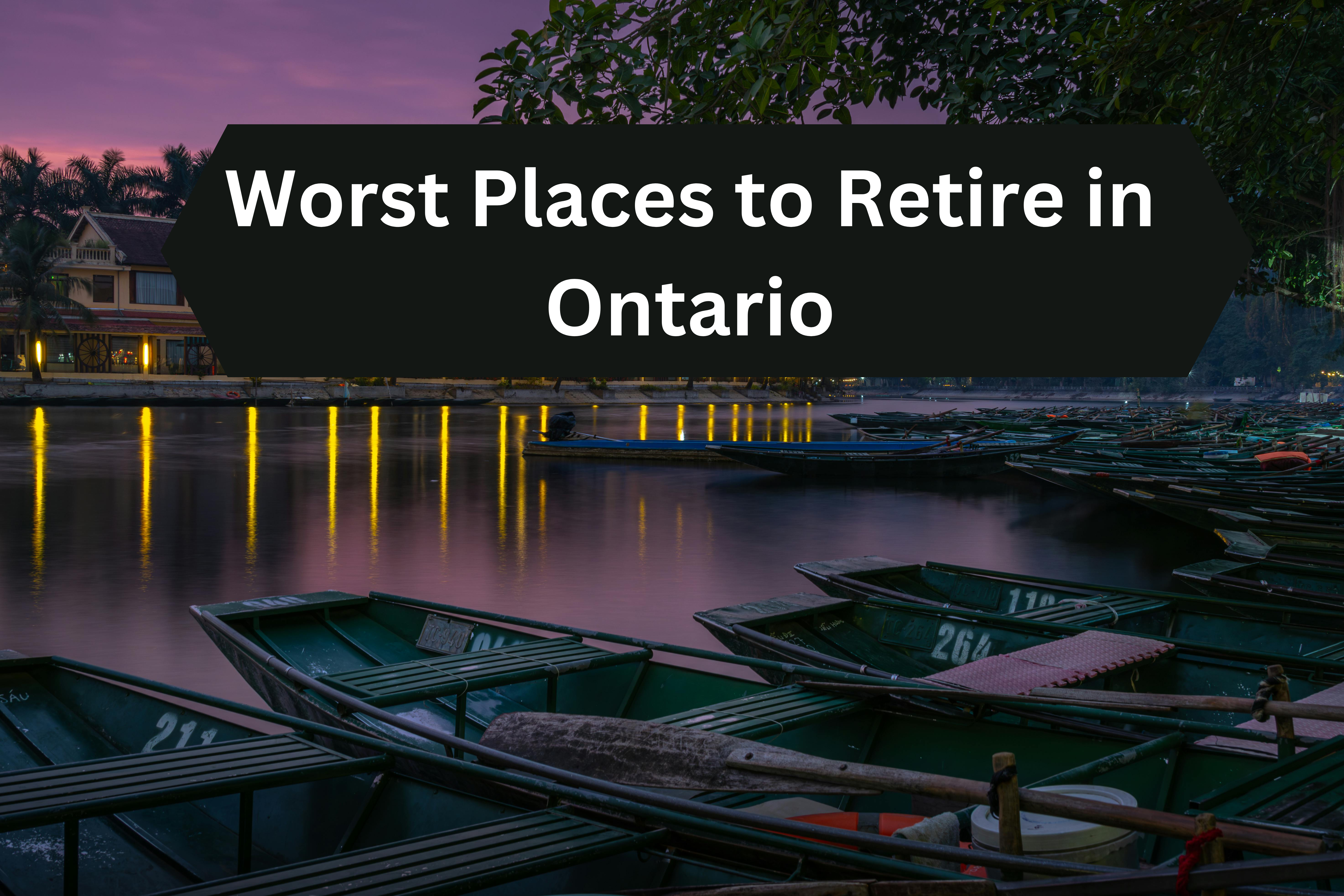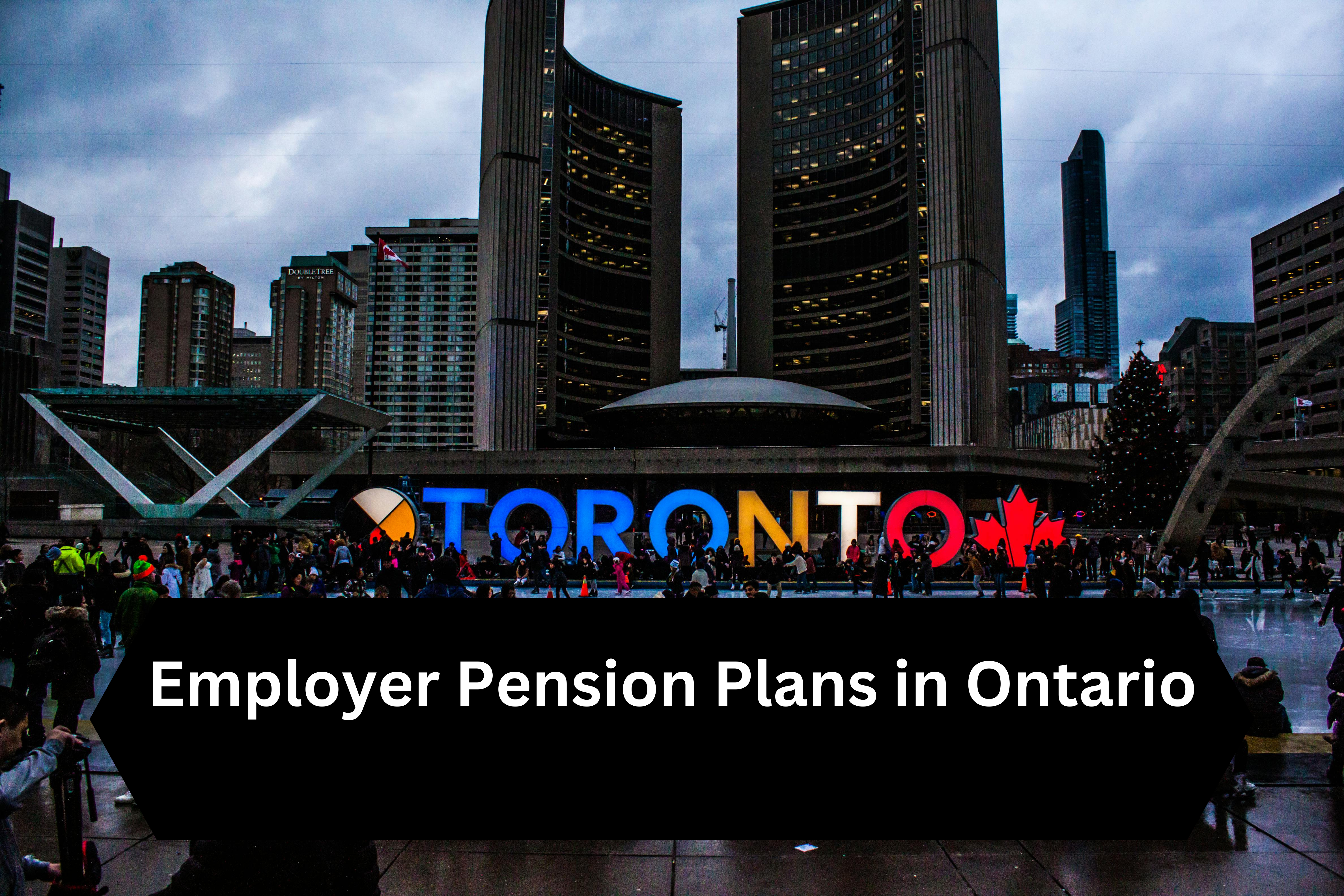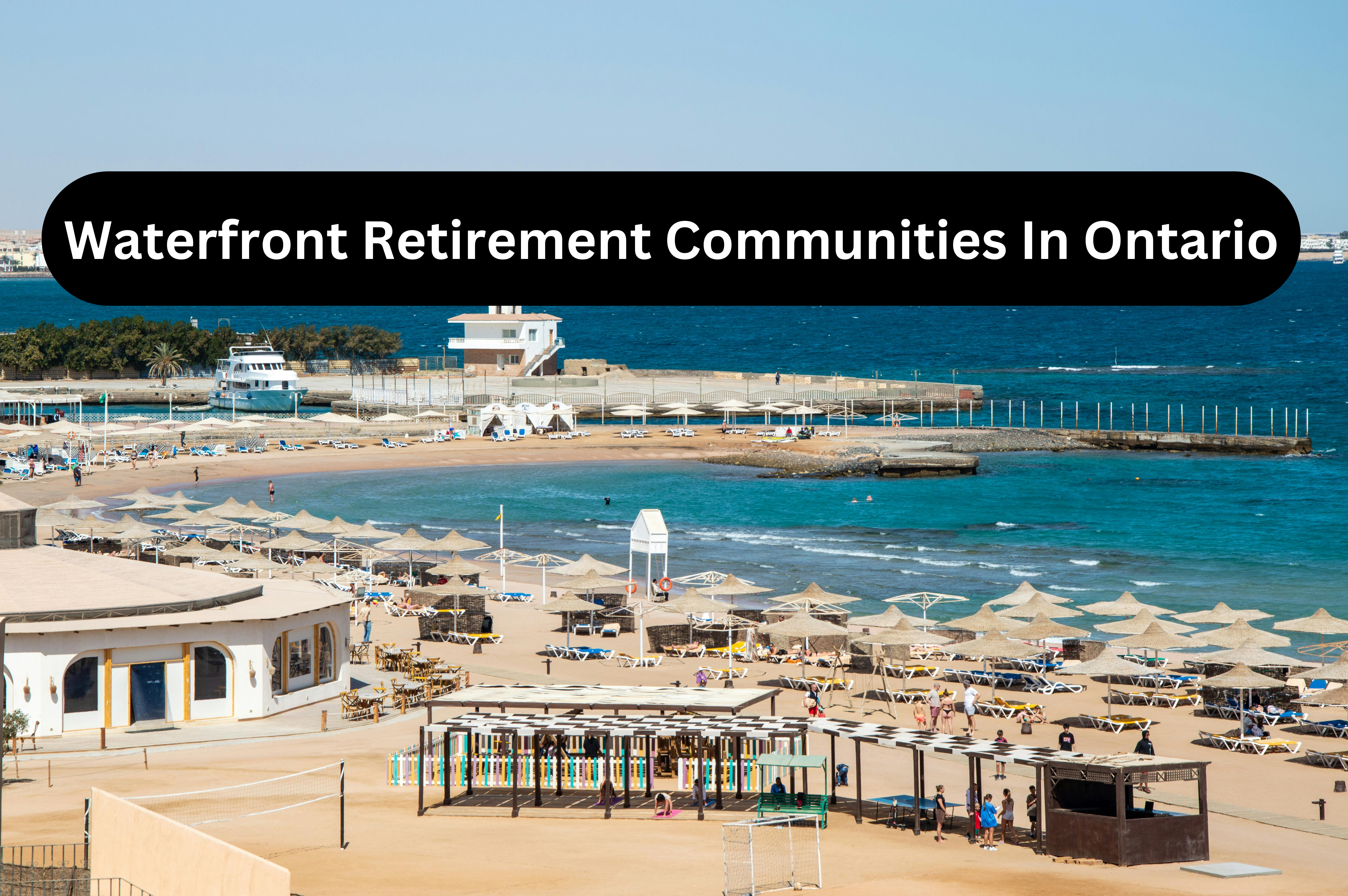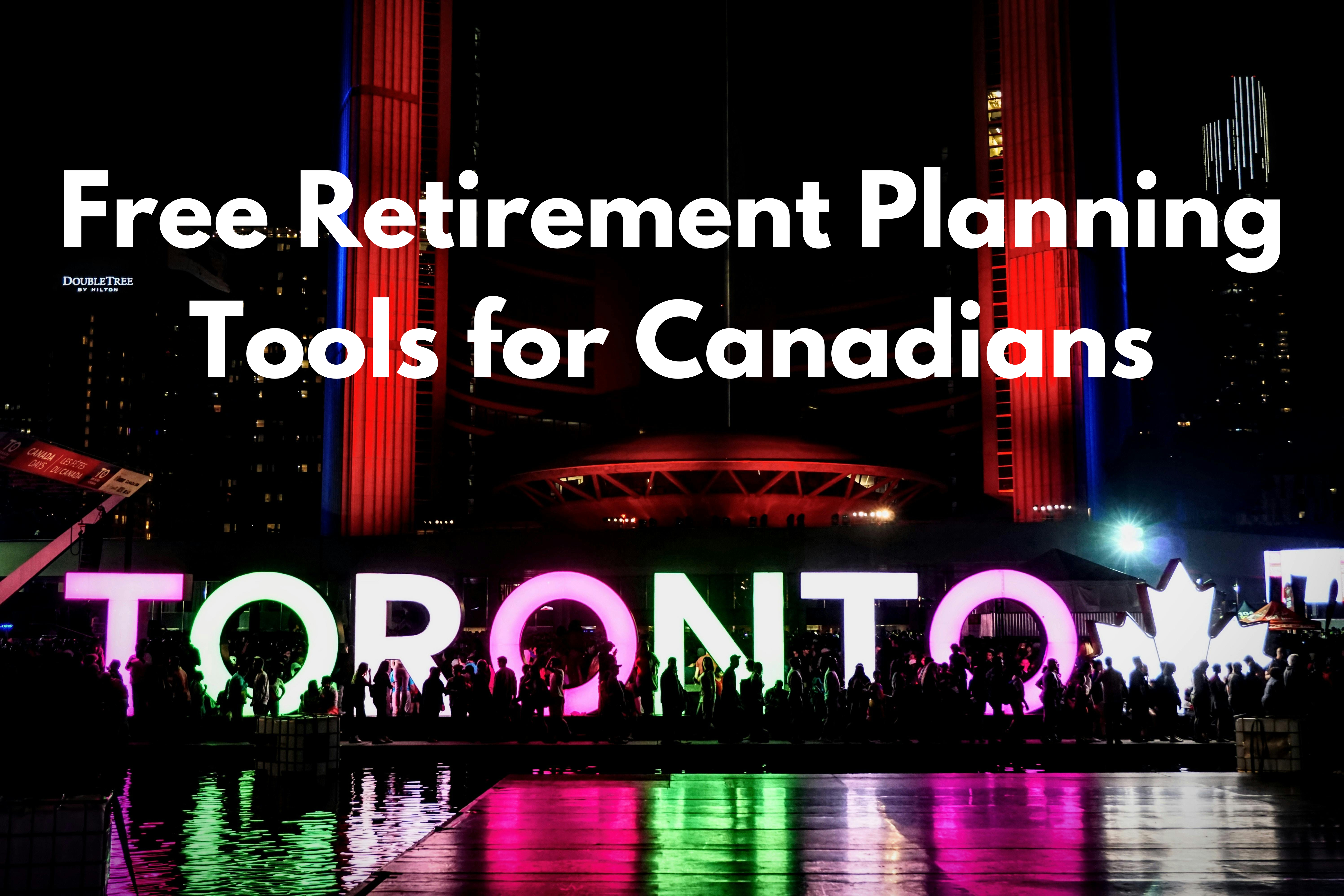Where NOT to retire in Ontario? [ Top 10 Worst Places to Retire in Ontario 2025]

Retirement is a big life change, and where you choose to spend it can have a huge impact on your happiness, health, and finances. Some places offer great healthcare, affordable living, and plenty of activities, while others may lack essential services or be too expensive. That’s why picking the right location is so important.
Where you live in retirement affects your quality of life. The right place should offer:
- Good healthcare services nearby
- A cost of living that fits your budget
- Social opportunities and recreational activities
- A climate that suits your preferences
- Access to transportation and daily necessities
- Security for retirees
A poor choice can lead to financial strain, loneliness, or difficulty accessing medical care. That’s why careful planning is essential before settling down.
Factors That Make a Place Less Ideal for Retirement
we analyzed common complaints and concerns from retirees across forums, social media, and search queries. The top negative factors include:
High Cost of Living
- Rent in Toronto is too expensive for a fixed income
- Property taxes keeps rising
- Groceries and utilities are getting unaffordable
Limited Healthcare Access & Services
- The nearest hospital is over an hour away
- Wait times for specialists in Northern Ontario are too long
Harsh Weather & Poor Infrastructure
- Winters in Thunder Bay make it hard for seniors to get around
- Sidewalks in Sudbury aren’t well-maintained in winter
Crime Rates & Safety Concerns
- Downtown Windsor doesn’t feel safe at night
- Car theft and break-ins are increasing in certain areas
Lack of Senior-Friendly Amenities
- “Not enough senior recreation programs”
- “Public transport is unreliable for elderly residents”
Ontario is a popular choice for retirees because it offers a mix of urban conveniences and natural beauty. In this article we'll see where not to retire in Ontario. Let's go!
Table of Contents
Top 10 Worst Places to Retire in Ontario
Toronto
Toronto, Ontario's capital, is a bustling metropolis known for its cultural diversity and vibrant city life. However, retirees have expressed concerns about its suitability for retirement:
Overcrowding: The city's population density can lead to congestion, making daily activities like commuting or visiting public spaces more challenging.
Expensive Housing: The cost of living in Toronto is notably high. A 2024 survey revealed that only 32% of respondents felt Toronto was a good place to retire, with affordability being a significant concern.
High Taxes: Residents face elevated property taxes, which can strain fixed retirement incomes. Source [CityNews Toronto]
Thunder Bay
Situated in northwestern Ontario, Thunder Bay offers scenic beauty but poses certain challenges:
Harsh Winters: Thunder Bay experiences severe winter conditions, with temperatures frequently dropping below -20°C. The prolonged snow cover can limit outdoor activities and pose mobility challenges for seniors.
Limited Healthcare Access: While Thunder Bay serves as a regional healthcare hub, some specialized medical services may require travel to larger cities, potentially delaying critical care for retirees.
Crime Rates: Historically, Thunder Bay has reported higher per-capita homicide rates compared to other Canadian cities. In 2022, the city recorded 15 homicides, resulting in a rate of 13.7 per 100,000 people, comparable to larger U.S. cities like Charlotte and Denver. Source [ Wikipedia ]
Housing Conditions: A 2023 study highlighted that 7.5% of households in Thunder Bay required major repairs, the highest percentage in Ontario. This statistic may indicate broader infrastructure challenges within the community. Source [ Newswire ]
Windsor
Windsor, located along the U.S. border, has faced issues affecting its appeal to retirees:
High Crime Rates: Windsor has grappled with elevated crime rates, raising safety concerns among residents.
Pollution Concerns: Proximity to industrial activities and cross-border traffic contributes to air quality issues, which can affect respiratory health, particularly in seniors.
Housing Conditions: Similar to Thunder Bay, 7.2% of Windsor's households were reported to need major repairs, reflecting potential challenges in housing quality.
Source [ Canada Blog Updates Newswire ]
Sudbury
Sudbury, known for its mining history, presents certain drawbacks:
Isolation: Its geographical location can lead to feelings of isolation, with limited access to larger urban centers.
Expensive Groceries: Residents report higher costs for groceries and essentials, affecting those on fixed incomes.
Lack of Services: There may be limited availability of senior-specific services and recreational activities.
Also read; Best Provinces To Retire In Canada For Retirees
Hamilton
Hamilton, a city with a rich industrial background, has factors that might deter retirees:
Industrial Pollution: Hamilton's industrial background has led to environmental concerns, including air and water pollution, which can pose health risks.
High Property Taxes: The city has seen increases in property taxes, adding financial burdens to homeowners, particularly retirees on fixed incomes.
Housing Conditions: Approximately 6.6% of Hamilton's homes were identified as needing major repairs, indicating potential infrastructure issues. Source [ Newswire ]
North Bay
North Bay offers natural beauty but comes with challenges:
Limited Senior Facilities: North Bay offers fewer senior-focused amenities and services, which may necessitate travel for adequate care and recreation.
Harsh Winters: The city experiences cold winters with significant snowfall, which can be challenging for seniors, especially those with mobility concerns.
Housing Conditions: Data indicates that 6.7% of homes in North Bay require major repairs, reflecting potential challenges in housing quality.
Kenora
Kenora, located near the Manitoba border, has certain limitations:
High Cost of Living: Kenora's remote location contributes to elevated prices for goods and services, impacting retirees' budgets.
Harsh Climate: The city endures cold winters with temperatures often dropping below -20°C, which can limit outdoor activities and pose challenges for seniors.
Limited Services: Access to specialized healthcare and senior services may be restricted, requiring travel to larger urban centers.
Vaughan
High Cost of Living: Vaughan, situated approximately 40 km north of Toronto, has an average monthly living cost of $3,110 for a single person renting. This expense can be burdensome for retirees seeking affordability.
Harsh Winters: The city experiences freezing temperatures and heavy snowfall during winter months, which can pose challenges for seniors unaccustomed to such conditions.
Traffic Congestion: Proximity to Toronto results in heavy traffic, especially during peak hours, potentially hindering mobility and access to amenities for retirees. Source [ savvynewcanadians.com ]
Timmins
High Crime Rates: Timmins has been identified as one of the most dangerous places to retire in Canada, with significant safety concerns for residents.
Limited Amenities: The city offers fewer recreational and cultural amenities compared to larger urban centers, which may affect the quality of life for retirees seeking diverse activities. Source [ Insider Monkey ]
Sarnia
Poor Air Quality: Sarnia is home to numerous industrial complexes, leading to concerns about air pollution. Residents in certain parts of Sarnia face an increased risk of health issues, particularly leukemia, due to exposure to air pollution.
Health Risks: The environmental factors in Sarnia may pose significant health risks, making it less suitable for retirees prioritizing a healthy living environment. Source [ Insider Monkey ]
Frequently Asked Questions
1. What Are the Most Expensive Cities to Retire in Ontario?
Toronto consistently ranks as one of the most expensive cities in Ontario. The high cost of living, particularly in housing and property taxes, can be challenging for retirees on a fixed income. Similarly, cities like Oakville and Burlington, known for their high standard of living, also come with a higher price tag. While these cities offer numerous amenities, it's crucial to assess whether their costs align with your retirement budget.
2. Which Ontario Towns Have the Worst Healthcare for Seniors?
Access to quality healthcare is paramount in retirement. Some smaller or remote towns in Ontario, such as Thunder Bay, have faced challenges with healthcare accessibility. Issues like longer wait times and limited availability of specialized medical services can be concerning for seniors. It's advisable to research healthcare facilities in any prospective retirement location to ensure they meet your needs.
3. Are There Any Retirement Communities to Avoid in Ontario?
While many retirement communities in Ontario offer excellent services, it's essential to conduct thorough research before making a decision. Some communities may have faced issues related to safety, quality of care, or resident satisfaction. Platforms like Elderado allow families to compare and review long-term care and retirement homes in Ontario, providing valuable insights into various communities.
4. What Are the Safest Places for Seniors in Ontario?
Safety is a top priority for many retirees. Cities like Oakville, Burlington, and Ottawa are known for their low crime rates and senior-friendly environments. For instance, Oakville has been consistently ranked as one of the safest places in Ontario, attributed to strong community policing and effective senior support programs.
Additionally, towns like Peterborough and Owen Sound offer a serene environment with low crime rates, making them attractive options for seniors.
5. Should I Avoid Northern Ontario for Retirement?
Northern Ontario offers beautiful landscapes and a close-knit community feel. However, some areas, such as Thunder Bay, have experienced higher crime rates compared to other cities in Ontario. According to the Thunder Bay Police, the city has faced challenges with higher rates of violent crime, which can be a concern for seniors.
Additionally, the harsh winters and potential isolation due to remote locations might be challenging for some retirees. It's essential to weigh these factors against the benefits, such as affordability and natural beauty, to determine if Northern Ontario aligns with your retirement goals.



